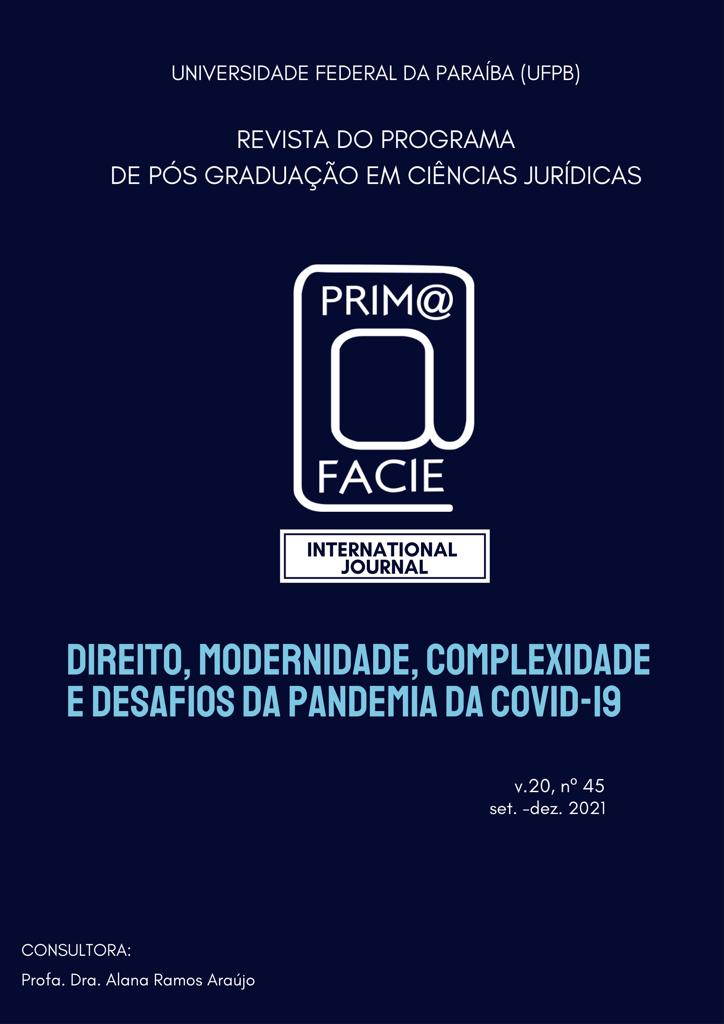The Covid-19 Pandemic And The Right Of Educates To Protect Personal Data In The Virtual Classroom
DOI:
https://doi.org/10.22478/ufpb.1678-2593.2021v20n45.60245Keywords:
Coronavirus, Virtual Classrooms, Information Society, Personal Data ProtectionAbstract
Considering the need for social isolation, the Covid-19 (coronavirus) pandemic was certainly responsible for the process of accelerating the phenomenon of digital transformation in the pedagogical area, launching educational institutions, educators and students in a context of hyperconnectivity never seen before, there is an urgent need for continuity in the academic calendars and, finally, in the learning process. However, the abrupt transition from physical classrooms, traditionally known as face-to-face meetings, gave way to virtual classrooms, in which the digital meeting, through webcams and other audiovisual resources left everyone involved exposed and weakened, especially in regarding privacy and personal data protection. The phenomenon of digital transformation is analyzed in the pandemic context and the impacts on the protection of personal data of students, in the form of Law No. 13.709/2018, the General Data Protection Law (LGPD). Therefore, the hypothetical-deductive method was adopted, through a review of legal and pedagogical literature, with theoretical foundation based on the premise of the phenomenon of the Information Society, by Manuel Castells, and a case study was carried out to analyze the Privacy Policy of a virtual classroom application and its impacts on the protection of learners' personal data.
Downloads
Downloads
Published
How to Cite
Issue
Section
License
Copyright (c) 2021 A Prim@ Facie detém direitos exclusivos de publicação e distribuição sob concessão absolutamente franca da parte do autor, ou autores.

This work is licensed under a Creative Commons Attribution-NonCommercial-NoDerivatives 4.0 International License.
Os autores estão cientes de que transferem seus direitos de publicação e distribuição à revista Prima Facie. Os autores autorizam o uso do trabalho para fins não-comerciais, incluindo direito de enviar o trabalho em bases de dados de Acesso Livre. As provas finais poderão não ser enviadas aos autores antes da publicação, seguindo a revista seu padrão técnico explicitado nas suas normas e nos formatos praticados em acordo com a CAPES e com padrões de excelência adotados. As opiniões emitidas pelos autores são de sua exclusiva responsabilidade não sendo a revista solidária da livre opinião exposta por eles.

